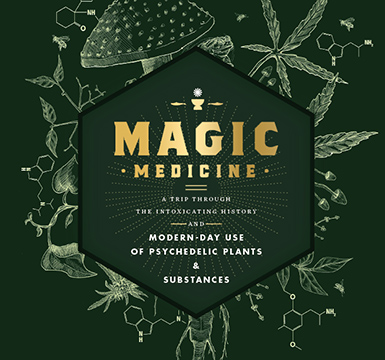Author Archive
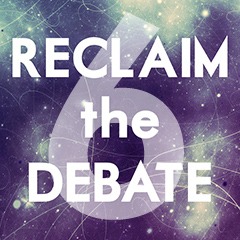
Reclaiming the Prohibition Debate, Part 6—Asking Questions
This is the conclusion of a six-part series about the Prohibition debate. You can check out Parts 1, 2, 3, 4, and 5, though they are not necessary for understanding this post. In Part 5 I discussed cognitive liberty as a basic human right, and in this final section I review the questions we should be asking about drug policy. Legality does not constitute endorsement Prohibition supporters often say that repealing prohibition would “send the wrong message” to America’s youth. But the legislative body is not in the business of sending messages. We do not pass laws to communicate how people should...
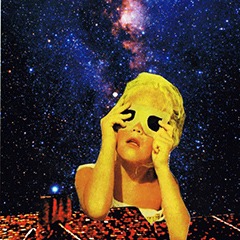
Session Games People Play: A Manual for the Use of LSD
This document was first published as a pamphlet in 1967, shortly after possession of LSD was made illegal in the USA, by Lisa Bieberman. It is a guide for first-time experimenters with LSD, though anyone who uses psychedelics is sure to benefit from reading it. For more on author Lisa Bieberman, visit Erowid. Not much has changed in fifty years — I agree with almost all of her advice, but have amended it with a few of my own comments [in italicized brackets]. Contents Introduction So You’re Going to Take LSD Session Games Get Me Out of This This...
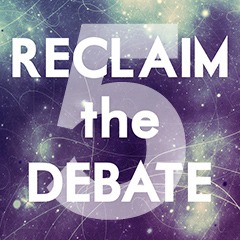
What is Cognitive Liberty? Reclaiming the Prohibition Debate, Part 5
This is the fifth in a six-part series about how the Prohibition debate is tainted by our unquestioned assumptions. You can check out Parts 1, 2, 3, and 4, but they are not necessary for understanding this post. Politicians, the media, and everyday citizens tend to frame the prohibition debate as “Should we legalize marijuana?” This language reveals entrenched cultural views not only about drugs, but about the role of government and the freedoms “allowed” to the private citizen. “Legalize” implies that the role of the government is to selectively allow some things. It isn’t – the role...
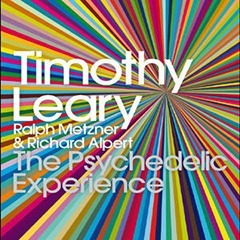
Free Book: The Psychedelic Experience by Timothy Leary
Timothy Leary, Ralph Metzner, and Richard Alpert (aka Ram Dass) literally wrote the book on tripping. In 1964, they published The Psychedelic Experience: A Manual Based on The Tibetan Book of the Dead, which captured the imagination of psychonauts everywhere and laid the groundwork for all psychedelic literature to come. As the title indicates, this guide was inspired by the Bardo Thodol, re-interpreting the classic Tibetan text as a guide for ego death. As the first spiritual guide to using psychedelics, The Psychedelic Experience was revolutionary, and continues to influence all aspects of psychedelic culture. It’s hard to imagine the wide variety of...
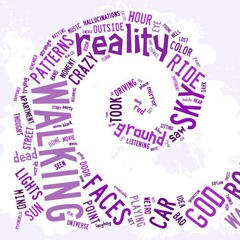
Word Clouds Show What It’s Like to Be on Drugs
What does the language of drug experience look like? What words do we turn to again and again to describe an LSD trip or a cannabis high? Rehabs.com has created some slick graphics to answer these questions (although they are not the first). They performed “extensive linguistic analysis on thousands of written user experiences” drawn from the Erowid database. The graphics cover eight popular drugs, including LSD, DMT, MDMA, and mushrooms. The words shown are the ones most unique to each particular drug, and the size of each word indicates its frequency in user reports. One major problem with an...

Jason Silva video: Psychedelics are “Technologies of Ecstasy”
Jason Silva does it again. The latest episode in his “Shots of Awe” series considers psychedelics as “technologies of ecstasy.” In the short clip, he blows your mind while elaborating on the thoughts of Mircea Eliade, Erik Davis, and others: [Psychedelics are] mankind’s cognitive toolkit, agents of psychic transformation we’ve been engaging in for tens of thousands of years to transform the perceptions of the bodymind, hacking our awareness and our perceptions, that evanescent flux of sensation and perception that is, in a way, all we have and all we are. He goes on to describe the importance...

The War on Sweets What if We Applied the Failed Approach of Drug Prohibition to Candy?
This is the fourth in a six-part series about how the Prohibition debate is tainted by our assumptions and prejudices. You can check out Parts 1, 2, and 3, but they are not necessary for understanding this post. We often focus on what would happen if cannabis were legalized. This is a terrible way to frame the debate. It’s worthwhile to consider the effects of any legislative act, of course, but we focus way too much on societal effects and not enough on human rights. We consider the ends at the expense of the means. An example will illustrate my point....
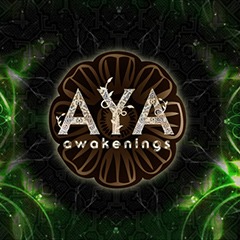
Bungee Jumping Into the Godhead An Interview with Writer, Filmmaker, and Psychonaut Rak Razam
The vine has spread her tendrils across the world and a genuine archaic revival was underway. My bags were packed, South America beckoned, and the ancient mysteries of the rainforest awaited. I wanted in on it… —Rak Razam I sat down with Rak Razam, the writer, producer, and main subject of the new film Aya: Awakenings, for a 45-minute interview covering everything from the legacy of Terence McKenna to the intense 5-MeO-DMT trip that occurs at the climax of the film. The documentary, an adaptation of the book of the same name, covers the ayahuasca tourism phenomenon through...
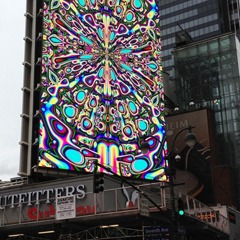
Broken Billboard Makes for a Very Trippy Commute
Commuters and tourists were treated to a very trippy display when a billboard broke down in New York City. And it’s animated, as you can see in the video below. So what is it, a communication from hyper-dimensional beings? According to a Reddit commenter, the truth is more prosaic — this sequence is played when a technician needs to check if the separate sections of the billboard are properly calibrated. Damn, that is one groovy diagnostic test! I hope at least one person saw this billboard mid-trip and stared at it for several minutes. Is anyone else seeing this? My God, how...
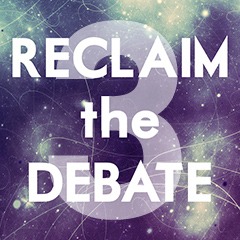
The Power of Words Rethinking the Language of Prohibition
This is the third in a six-part series about how the Prohibition debate is tainted by our assumptions and prejudices. You can check out Parts 1 and 2, but they are not necessary for understanding this post. Those who rule symbols, rule us. —Korzybski Consider the power of words. If we uncritically accept the state-sponsored language, the DEA’s job is to enforce laws that apply to illicit substances. But a humanitarian perspective may sound more like this: the DEA robs and kidnaps individuals who possess, create, or sell some substances, almost none of which are especially poisonous when compared to commonly...
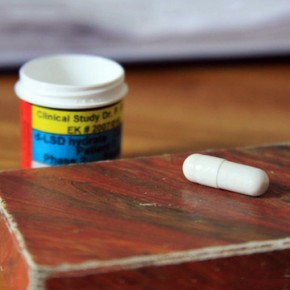
MAPS Completes First New Therapeutic LSD Study in 40 Years
Update 5 March 2014: The study has been published, and the final copy is available here. Rick Doblin, the founder and president of MAPS, said this in a recent “Ask Me Anything” interview on Reddit: We’ve just completed the world’s first study of the therapeutic use of LSD in over 40 years, in Switzerland to treat anxiety associated with end-of-life issues. Eleven of the 12 subjects had never done LSD before and there were no serious adverse events, even in people facing death. This recently completed Swiss study is truly momentous — it’s the first “double-blind, placebo-controlled investigation of LSD-assisted...

